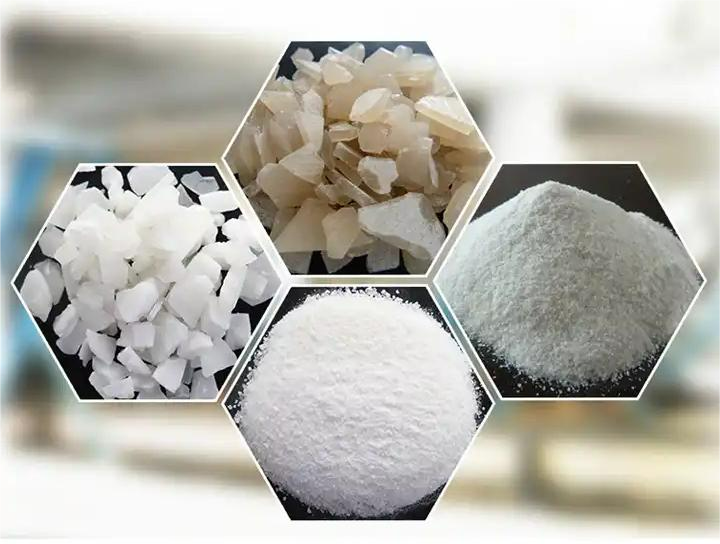Aluminum Sulfate Uses In Water Treatment
Aluminum Sulfate (Alum) is inexpensive and effective for a broad range of treatment problems. It functions as a coagulant, flocculant, precipitant and emulsion breaker. As a coagulant and flocculant, alum removes turbidity, total organic carbon (TOC) which can be disinfection byproduct precursors, suspended solids and colloidal color, reduces biochemical oxygen demand (BOD) and clarifies potable, process and wastewater.

Aluminum Sulfate Uses in Water Treatment:
Aluminum sulfate is a coagulant used in water treatment to cause suspended particles in water to clump together, or flocculate. This makes it easier to remove the particles from the water through sedimentation or filtration. Aluminum sulfate is used in water treatment for a variety of purposes, including turbidity removal, color removal, phosphorus removal, and microorganism removal. It is a safe and effective coagulant for water treatment and is widely used in municipal water treatment plants. The amount of aluminum sulfate used in water treatment depends on the turbidity and other impurities in the water. Aluminum sulfate is typically added to water in a solution form and the flocculation process can take several hours to complete. After flocculation, the water is typically settled and filtered to remove the coagulated particles. Order aluminum sulfate from Lvyuan Water Treatment.
